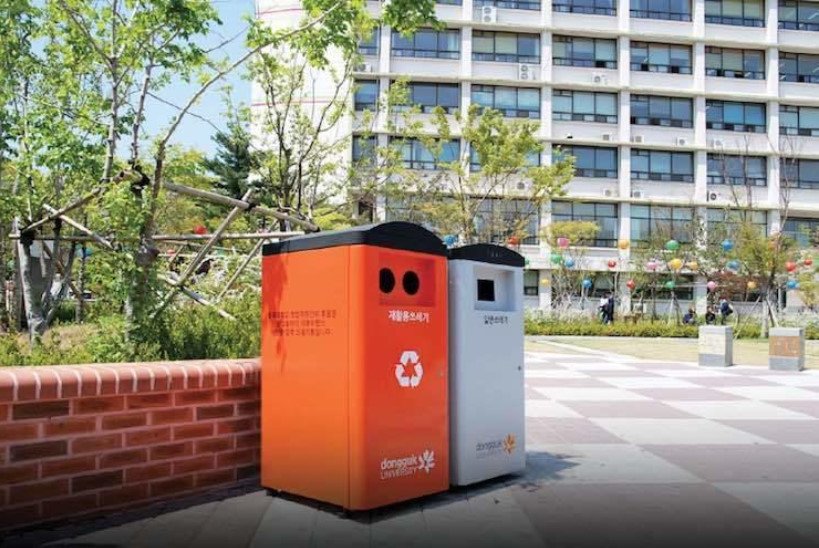
Big Brother does not sleep: in Melbourne (Australia), the city authorities began the installation of new garbage containers. These new containers are units equipped with a chip that records who and what they throw away.
The new equipment, which cost the city $ 4.5 million, controls (weighs and analyzes) the discarded garbage. And records with the help of built-in garbage tank camera, which of the citizens threw something wrong. The offender will be warned, and “repeat offenders” – those who were caught with illegal garbage a second time – a fine of 150 us dollars. This, of course, steep measures. But the measures are correct.
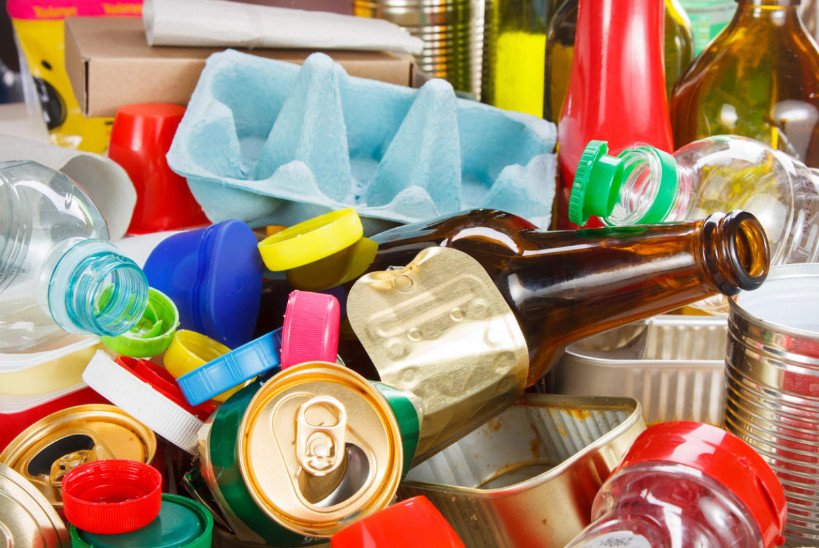
Meanwhile, a man produces mountains of garbage. It is estimated that each inhabitant of a modern city is about 30 pounds daily. However, it is not only “personal” garbage – calculations were carried out taking into account waste of the enterprises serving the population (for example, packing of pallets with goods in shops).
Environmentalists have long been sounding the alarm: not only that, the debris has a catastrophic size, but also they consist mainly of objects that do not decompose naturally or decompose for a very, very long time.
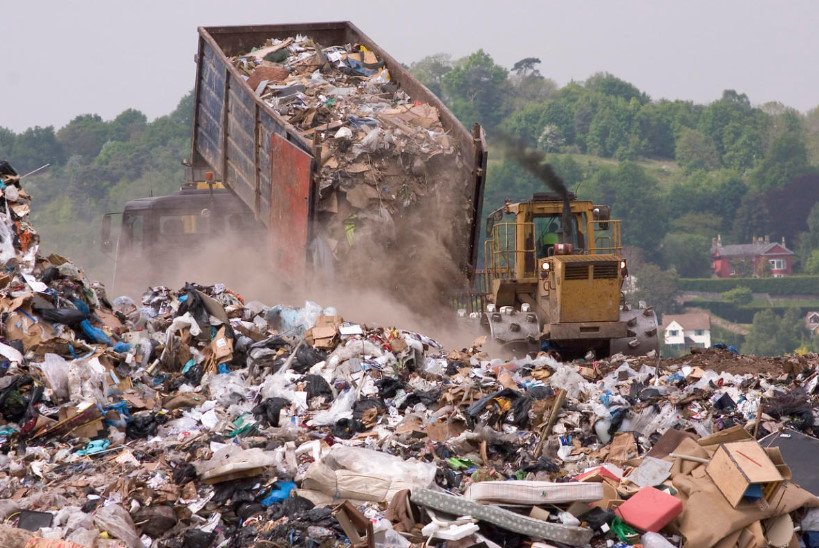
So, food waste accounts for only 10%, and the rest of the garbage is:
- movement of old appliances, clothes, shoes, etc. – around 20%;
- construction waste, which is also mostly today consists of various modifications of plastic and polymers-30%;
- packaging is a real scourge: everything we buy today is Packed, and most often the packaging is also plastic-40%.
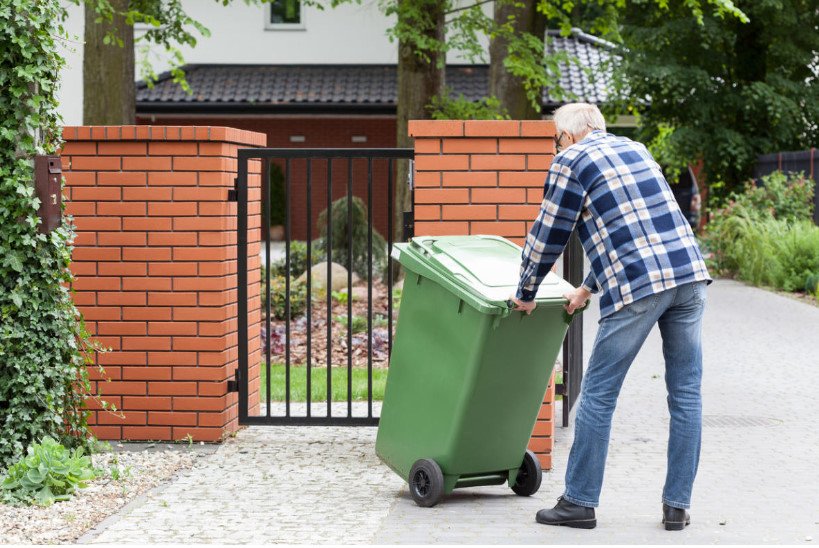
At the same time, each year the amount of garbage produced by a person grows by about 10%. And if in large settlements waste disposal and recycling is established, in many suburban villages and towns often recycling of household waste-completely the care of the owner.
People often do not think about how much waste they produce. American Greg Segal, he said, the question of garbage-where it goes after we threw it-worried since childhood. As a photographer, he asked several people-of different ages, social status and family status – not to throw away their garbage for seven days. And then come to his Studio with a bag of garbage for a photo shoot.
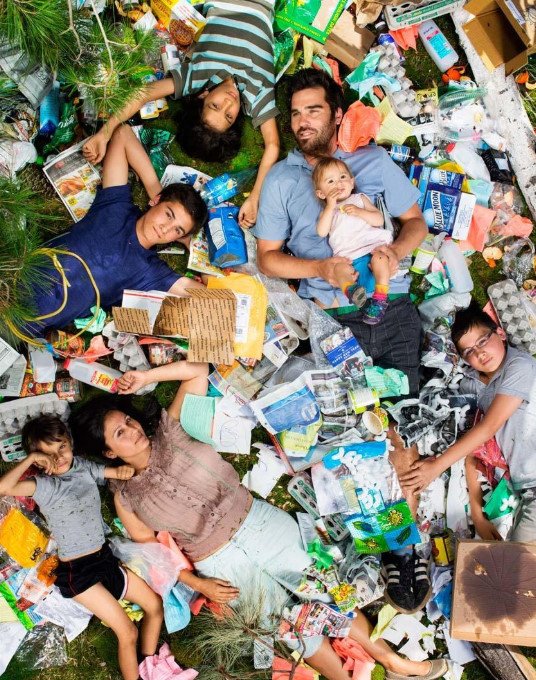
The photographer made a natural background installation of garbage, which has accumulated over the week agreed to pose for him people. And that trash background made portraits.
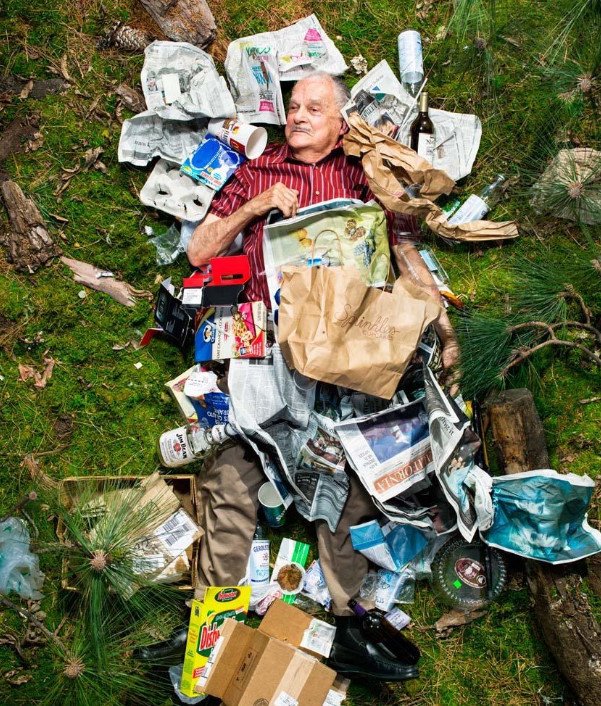
The participants of the photo session were shocked and depressed by the amount of waste produced by them. Of course, from the garbage can not escape, we are not to blame that most of the products that we buy, Packed, and often unnecessary.
But there is a way if not to get rid completely, then at least to reduce negative impact of the person on environment. This method – the separate collection of waste.
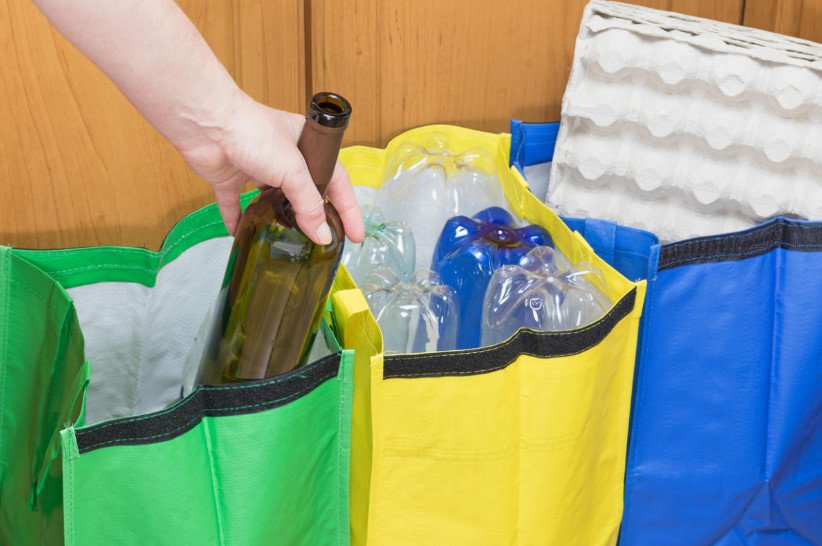
Paper, glass, plastic and metal-can be recycled. Each summer resident will say that the old Newspapers are good for mulching, packaging of juice-excellent capacity for seedlings, transparent bottles – a micro, and aluminum cans of drinks can be collected from the solar collector or build a roof for a cottage.
But recycling is a business. And yet-saving non-renewable natural resources and reducing the burden on the environment. So, from recyclables do the following things:
- from waste paper-new packaging, toilet paper, paper towels;
- from packages from milk or juice-corrugated cardboard, packaging for eggs, finishing materials (eg wall panels) and ball pens;
- from glass containers-new glass containers, as well as glass wool (insulation);
- from aluminum cans-new aluminum cans;
- from bottled-non – woven materials: polyester and interlining for the clothing industry, steam and hydrostructural membrane, agrotextile – covering material for plants. And even fabric for sewing clothes – polyester.
Do you sort your trash? And if not, would they do it?




Leave a Reply